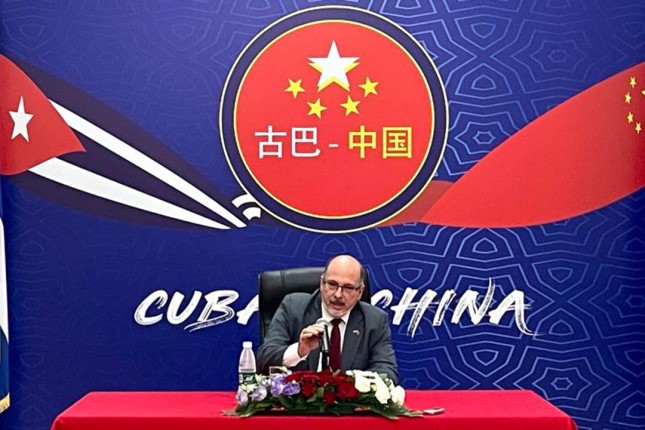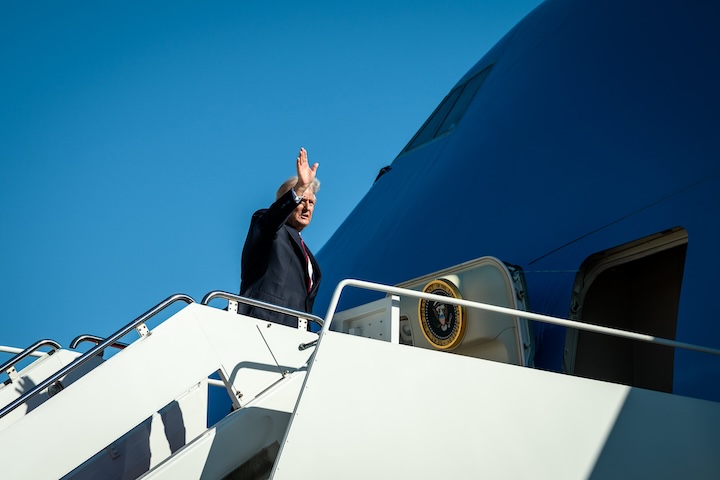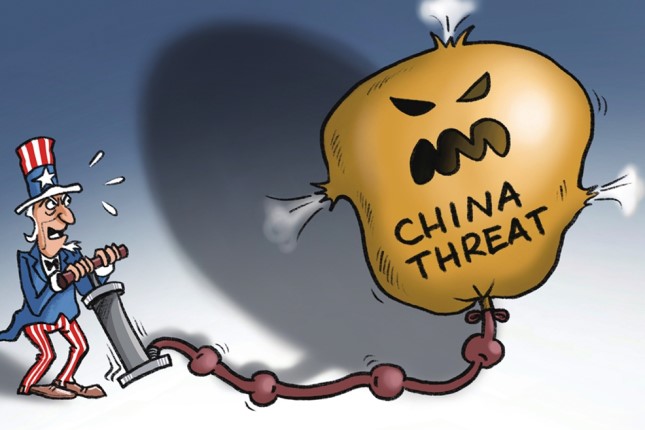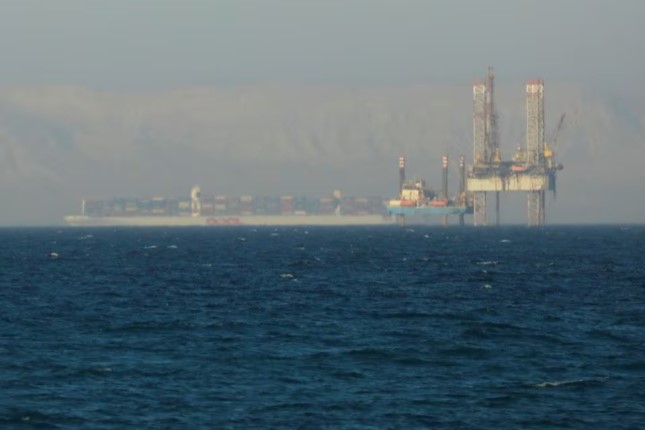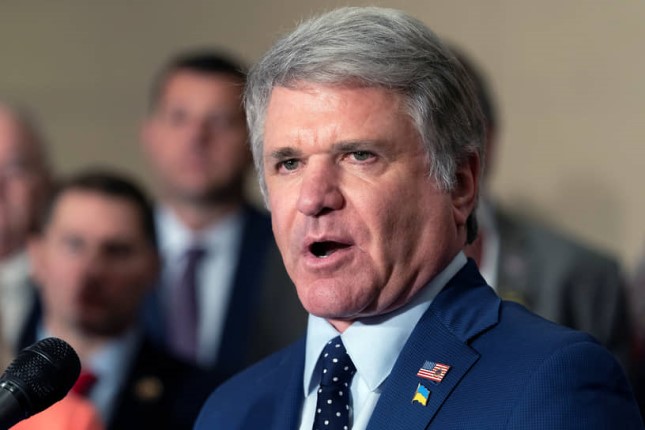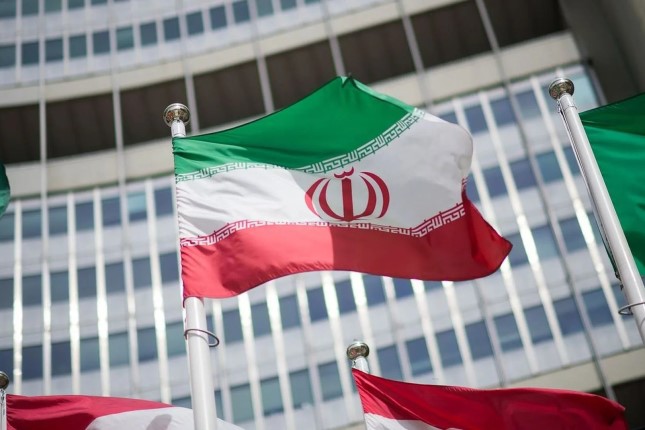The upcoming Group of 77 plus China (G77+China) Summit in Havana, which aims to tackle some of the core development challenges that the Global South countries are facing, is set to issue a final declaration that will include the purposes and principles of the bloc and address the needs of developing countries, while the unity of the Global South countries in facing major challenges is of great importance, diplomats and experts said.
Li Xi, a member of the Standing Committee of the Political Bureau of the Communist Party of China (CPC) Central Committee, will attend the summit as the special representative of Chinese President Xi Jinping, according to the Chinese Foreign Ministry.
China looks forward to positive contribution of the summit to greater solidarity, closer cooperation and joint response to challenges among developing countries. China stands ready to work with Cuba and other members of the Group of 77 to better safeguard the common rights and interests of developing countries, Mao Ning, spokesperson of the Chinese Foreign Ministry, said at a press conference on Thursday.
Established in 1964, the G77 now has over 130 members, with rotating chairmanship alternated among member countries from Asia, Africa, and Latin America based on regional principles. The chairmanship is held by Cuba this year, and the summit will bring together delegations from over 100 countries, including about 30 heads of state or government, according to media reports.
Although China is not a member of the G77, it consistently supports its just positions and legitimate demands, maintaining a positive cooperative relationship under the "G77 and China" framework, according to media reports.
Themed "current development challenges: the role of science, technology and innovation," the summit this year will tackle "core" development issues, Cuban Foreign Affairs Minister Bruno Rodriguez was quoted as saying in media reports on Wednesday.
More than 30 heads of state and government will attend the summit, including Brazilian President Luiz Inacio Lula da Silva, Argentine President Alberto Fernandez and Colombian President Gustavo Petro as well as South African President Cyril Ramaphosa and Antonio Guterres, the Secretary General of the UN, the AFP reported.
"From the Havana Summit, we will reaffirm our commitment to multilateralism, cooperation and development," Miguel Díaz-Canel, the president of Cuba, was quoted as saying in the media report.
"A main challenge that the Global South countries are facing is striving for more development space amid intensifying geopolitical wrestling," Song Wei, a professor at the School of International Relations and Diplomacy at Beijing Foreign Studies University, told the Global Times on Thursday.
Currently, we see that Western countries represented by the US treat some developing countries, for example, Cuba, which do not share their political stance or meet the standards of the US, unfairly, by frequently implementing the "big stick" of sanctions, which is highly detrimental to the development of developing countries, Song said.
In a press conference with some Chinese media on Wednesday, Cuban Ambassador to China Alberto J. Blanco Silva said the G77 is the "most extensive and diverse" multilateral coordination organization, with its members collectively representing 80 percent of the world's population and over two-thirds of the member states of the UN, including some of the world's largest economies, Chinese media outlet Caixin reported.
As the host country, Cuba hopes to use this conference to strengthen the voice of G77 nations in the current international situation, according to Caixin.
The consistent position of "G77 plus China" is to build a world that is more just, more inclusive, and advocates international solidarity and cooperation, the Cuban diplomat said.
Commenting on the theme of the summit concerning the role of science, technology and innovation, the ambassador said scientific and technological progress is also key to achieving sustainable development.
However, the current unjust international economic order has exacerbated the marginalization of many developing countries in socio-economic and scientific and technological advancement, leading to severe consequences, he noted.
A few countries globally monopolize the majority of patents, technologies and research centers, accelerating the brain drain from various nations. This means there's a pressing need to change this profoundly inequitable and undemocratic system, the diplomat was quoted as saying in the media report.
"Compared to previous years, this year's summit has attracted more attendees, and besides the G77 countries, those from the Non-Aligned Movement and BRICS are also expected to make the voice for developing countries heard," Jiang Shixue, a professor at the Center for Latin American Studies at Shanghai University, told the Global Times on Thursday.
"The Global South needs to enhance solidarity in order to tackle global issues and some ulterior moves by developed countries," Jiang said.
Raising the profile of the Global South also reflects the dissatisfaction felt by many developing countries toward the current global governance and economic governance, as they also pay much more attention to their own development needs, Song said.
China is not only one of the world's primary economies, but also possesses valuable experience in promoting sustainable development through technological innovation. It has played a proactive role in the development agenda of the Global South countries, the Cuban ambassador said.
Photo: Cuban Ambassador to China Alberto J. Blanco Silva speaks a press conference on September 13, 2023 © Xinhua.
Source: The Global Times.
